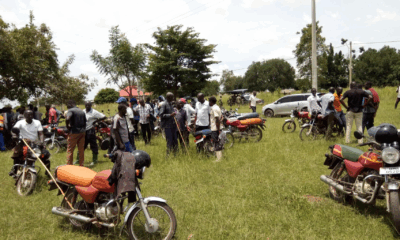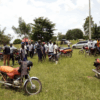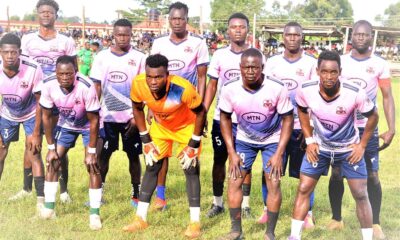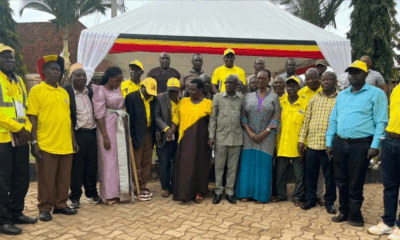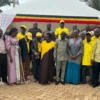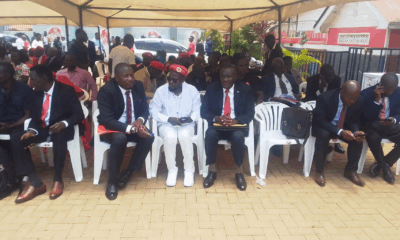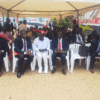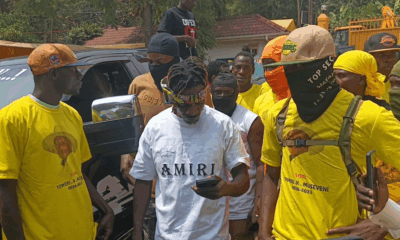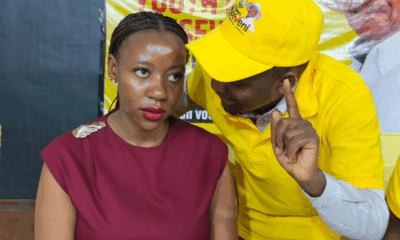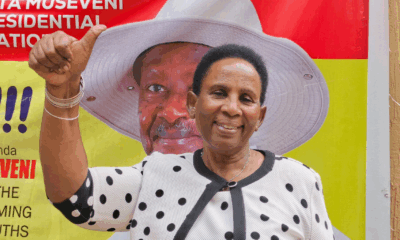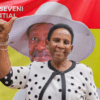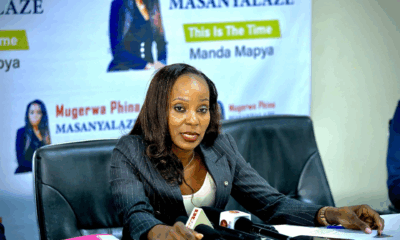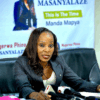Politics
Electoral Commission Adjusts Presidential Nomination Dates Ahead of 2026 General Elections
The Electoral Commission of Uganda has officially revised the nomination dates for presidential candidates in the 2025/2026 General Elections. In a statement delivered by Justice Simon Byabakama Mugenyi, Chairperson of the Commission, the nominations, which were originally slated for 2nd and 3rd October 2025, will now take place earlier, on 23rd and 24th September 2025.
Justice Byabakama said the adjustment was necessary to allow sufficient time for critical post-nomination activities. “These include capturing nomination returns, producing sample ballot papers, harmonising campaign schedules, and signing the Memorandum of Undertaking by all presidential candidates,” he noted during a press briefing at the Electoral Commission headquarters.
He warned that the previously set dates would have left insufficient time for campaigns if not changed. “Had we kept the earlier dates, the period available for candidates to campaign would have been significantly compromised,” he explained.
The Commission also reminded political parties, organisations, and independent aspirants of key upcoming milestones in the electoral process, including:
- Local Government nominations: 3rd – 12th September 2025
- Parliamentary nominations: 16th – 17th September 2025
- Presidential campaigns: 4th October 2025 – 12th January 2026
- Polling period for all levels: 12th January – 9th February 2026
Justice Byabakama urged all aspirants to adhere strictly to these timelines and prepare accordingly.
He also addressed the issue of pre-nomination requirements, especially for presidential aspirants. “Section 10(b) of the Presidential Elections Act requires that a presidential candidate must be supported by at least 100 registered voters from at least two-thirds of all districts in Uganda—currently translating to about 97 districts,” he clarified. The Commission will soon announce when the collection of supporter forms can begin.
Aspirants for parliamentary and local government positions were similarly advised to await formal communication on the release of nomination forms and accompanying guidelines.
Regarding academic requirements, Justice Byabakama clarified that aspirants for the positions of President, Member of Parliament, and District/City Chairperson must have a minimum of Uganda Advanced Certificate of Education (A’ Level) or its equivalent. Aspirants with foreign qualifications must have them verified by the National Council for Higher Education (NCHE) in consultation with UNEB.
He cautioned that certificates of equivalency used in previous elections will not be valid for the upcoming cycle unless the aspirant has since attained a higher qualification within Uganda. “All those with foreign or equivalent qualifications must obtain fresh certification for the 2025/2026 elections,” he stressed.
Notably, candidates who attained their A’ Level or higher qualifications within Uganda, or those with credentials from the former University of East Africa or its constituent colleges, are exempted from re-verification.
Justice Byabakama concluded by thanking all electoral stakeholders for their continued support and participation. He particularly commended members of Special Interest Groups—older persons, youth, and persons with disabilities—for their active involvement in the ongoing electoral processes.
“All stakeholders are urged to observe the guidelines and timelines in the Roadmap. A soft copy is available on the Electoral Commission website,” he said.
With the new dates now in place, Uganda’s political season is steadily building momentum ahead of what is expected to be one of the most closely watched elections in recent history.
Comments




